 Courtesy: Piramal Glass
Courtesy: Piramal Glass
In Dec 2020, U.S. private equity firm Blackstone acquired a controlling stake in Piramal Glass, in recognition of its inherent business value and accelerated digital journey. The plant in Kosamba, Gujarat, is an export powerhouse which has adopted digital technologies like IoT and cloud, and is a lodestar for brownfield facilities looking to become globally competitive, data-driven, and Industry-4.0 enabled. Early digital innovation helped restore plant-wide operations within a week of the COVID-19 pandemic, whilst adhering to stringent regulatory norms and workforce restrictions.
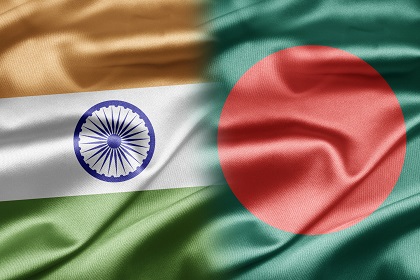 Courtesy: Shutterstock
Courtesy: Shutterstock
This month marks the beginning of triple celebrations in Bangladesh, including the 50th anniversary of its independence, for which Prime Minister Modi will be traveling to Dhaka as the guest of honour. There is much to celebrate: A country that began as a case study for development is now on top of the global GDP charts. The springboard was achieved through a thriving textiles industry, women's workforce participation, micro finance, liberal investment policies. There is much to learn from this neighbour.
 Courtesy: Gateway House
Courtesy: Gateway House
Digital manufacturing is the next wave of business globalisation, which, post-pandemic is not just blind automation to save costs but the smart use of digital tools to modernise industry and create good quality jobs. Digital manufacturing is the next leap for India’s tech leadership - the first being the software outsourcing movement in the 1990s. This time around, government incentives are aligning with industry interests. It offers India a chance to reposition itself globally, and play a leadership role.
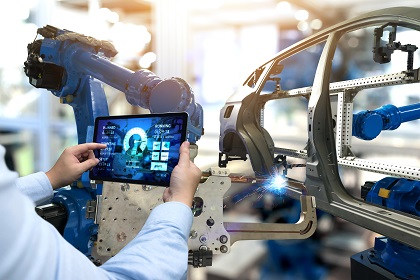 Courtesy: Shutterstock
Courtesy: Shutterstock
COVID-19 has forced India and its manufacturers to quickly step up their adoption of digital manufacturing processes. There are four elements of this ecosystem already in place – the digital infrastructure, government schemes, academic learning, and a burst of start-ups. This, supported by key policy decisions by the Indian government, will propel Indian manufacturing to higher levels of efficiency, productivity, and competitiveness.
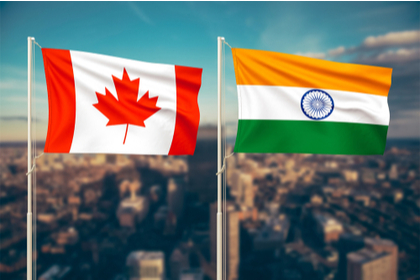 Courtesy: Shutterstock
Courtesy: Shutterstock
Canadian Prime Minister Justin Trudeau's controversial wading into the Punjab farmers' protests has obfuscated the hard work done by diplomats and think tanks on both sides over the past three years, to boost the bilateral. India and Canada have much to gain from each other's strengths in technology, natural resources and investment, and even more if they collaborate internationally to develop an alternative to the current bipolar world order
 Courtesy: Press Information Bureau
Courtesy: Press Information Bureau
In the past five months, India has seen great change: ambitious economic reforms, billions in U.S. digital investments and a determined military and digital push back against China. India is now using the strategic and market weight of its 1.3 billion population and openly taking geopolitical sides to achieve its desired positioning, namely, to be a reliable partner in a more equitable global supply chain of virtual, physical and geopolitical elements.
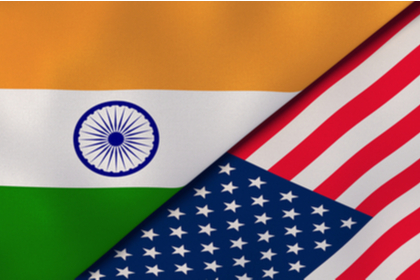 Courtesy: Shutterstock
Courtesy: Shutterstock
The recent rush of U.S. capital into India’s digital future, and India’s recent structural reforms, is the impetus for an attractive collaboration between the U.S. and India. To really succeed, the U.S. will have to support India with the same kind of technical assistance and best practices in areas like regulation, distribution, and innovation, that it gave China. The alternative is for India to follow Europe’s regulatory model, which places less of an emphasis on job growth and innovation.
 Courtesy: Shutterstock
Courtesy: Shutterstock
The world is experiencing two simultaneous transformations: a decoupling from China and the building of an alternate supply chain, and the creation of new, cutting-edge industrial process called digital manufacturing. It is part of the larger wave of Industry 4.0, an integration of industrial processes with the Internet of Things. India already has some of the key elements in place, and some successes to build on.
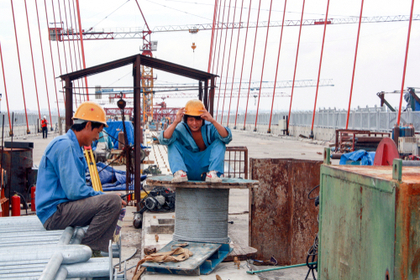 Courtesy: Shutterstock
Courtesy: Shutterstock
China is the center of the universe and it's enjoying the attention - as also misusing it. Its rise changed geopolitics and trade starting two decades ago. And now in 2020, its rise is changing geopolitics and trade again. Dexter Roberts is the author of a new book The Myth of Chinese Capitalism, The Worker, the Factory, and the Future of the World. As the BusinessWeek and Bloomberg-BusinessWeek bureau chief in Beijing, Roberts has seen China first hand.
 Courtesy: Shutterstock
Courtesy: Shutterstock
Pakistan is suffering from a gravely mismanaged COVID-19 crisis and is under pressure from China to fulfil its commitments to the CPEC. Using COVID-19 as a cover, Pakistan is able to continue shirking its global responsibilities especially on containing terrorism. What does this mean for India, and for Pakistan’s own future?












